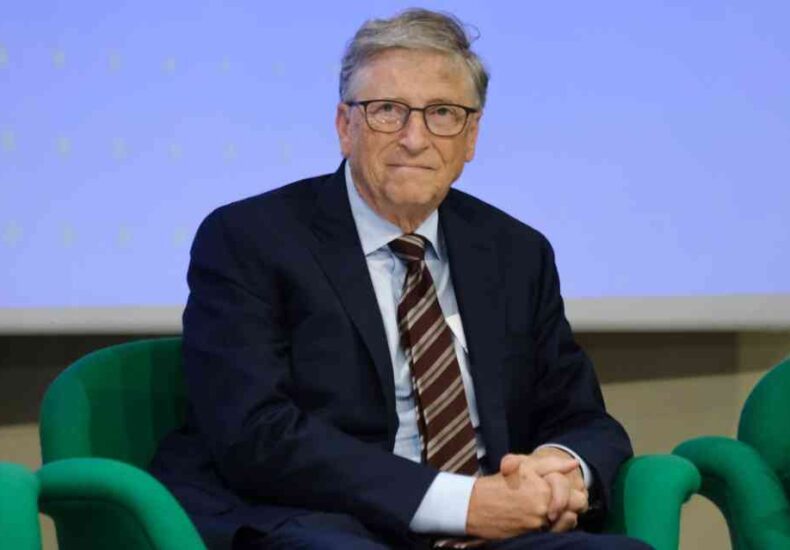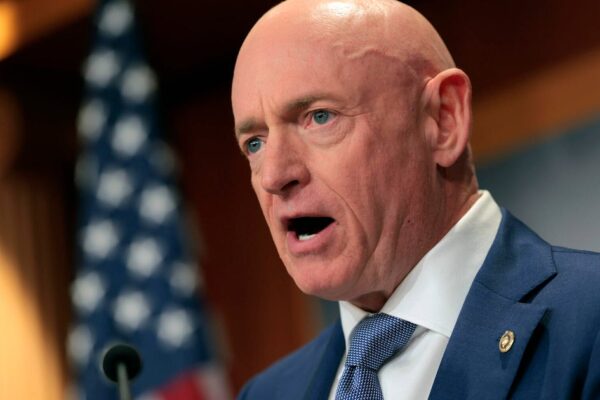
Bill Gates’ Call for Radical Wealth Redistribution: Are You Ready?
A Billionaire’s Burden: Too Much, Too Few-Are You Giving Enough? The $50 Billion Question: Why Give Away So Much? Most billionaires don’t just influence capital-they are capital. Bill Gates, through both historic donations and public challenge, argues that outsized wealth imposes an outsized responsibility: “This is just too much for any one person”. Gates himself has pledged 99% of his fortune, aiming to set a hard benchmark for the world’s elite wealth holders. Warren Buffett, Michael Bloomberg, and over 200 signatories to the Giving Pledge mirror Gates’ philosophy, inspired by the notion that bolder philanthropy is needed-not eventually, but now. Who’s Actually Giving? The Data Nobody Talks About Despite bold pledges, the hard numbers reveal tension: Bill Gates donated roughly $13 billion by the end of 2025, representing about 11% of his net worth-not the full 50% yet. Warren Buffett’s donations reach $12 billion, also about 11%. Forbes reports that the top 25 billionaire philanthropists have collectively given away approximately 15% of their wealth over their lifetimes, with only a handful reaching the half-way mark. U. S. billionaires have donated $241 billion since 2024, up 14%, but their fortunes grew by 18. 5% in the same period-the proportional needle barely moved. The Giving Pledge: Symbol or Substance? Launched by Gates and Buffett in 2010, the Giving Pledge asked billionaires to publicly commit to donating at least 50% of their fortunes-to lead by moral example and create societal pressure. By 2025, more than 200 billionaires from over 20 countries had joined. Yet reports suggest the pledge may be underperforming: Only about 1 in 8 U. S. billionaires have signed on, and actual wealth transferred to charities falls short of the promise, hampered by loopholes and delays. Global Trends: Philanthropy, Power and Accountability Modern philanthropy is moving from sporadic giving to systematic, data-driven impact: Bloomberg Philanthropies, Gates Foundation, and the Bezos Earth Fund represent a new wave focused on measured, scalable results for climate, health, and poverty. Direct giving now rivals traditional foundation models. MacKenzie Scott’s unrestricted multi-billion dollar grants bypass bureaucracy, challenging others to rethink legacy approaches. The average billionaire gives between 7% and 11% of net worth to charity, compared to 1-2% for typical U. S. households-a gap, yet still below Gates’ “half” standard. The Contrarian View: Should 50% Be a Rule-or a Choice? Not all experts agree that enforced or expected mass donation is optimal: Critics point to tradition, arguing for generational wealth transfer, sustainable investment, or long-term value creation rather than upfront giving. Others highlight inefficiency and focus: “Charitable organizations often resemble a deliberately flawed bulb. you might as well toss your cash into a volcano,” notes one contrarian. Some propose “impact investment”: using half the proceeds from investments to fund social projects, blending charity with scalable wealth growth. Tax strategies and influence raise red flags. The ultra-wealthy can use charitable giving to reduce taxes and shape policy, sometimes enlarging their power rather than diffusing it. Real-World Examples: Beyond Bill and Warren The Arnolds gave away $2 billion, about 42% of their fortune, utilizing bold, outcome-based bets. Buffet’s 30% lifetime giving sets him apart-he’s donated more than $62 billion to health, education, and poverty. Sergey Brin and other tech founders focus on niche projects (Parkinson’s disease, climate progress), but with lower percentages. Next-generation billionaires (Next Gens) seem less motivated by percentage benchmarks, but more by measured legacy and innovation, with 68% focused on “growing parents’ impact”. The Moral Mandate: Is Wealth Without Giving Socially Acceptable? Bill Gates’ challenge to give away “as much as possible during their lifetime” resonates globally, but remains intensely personal. Is extreme accumulation an ethical lapse, or simply a feature of innovation-driven societies? For C-suite executives and board members, the answer isn’t just moral-it’s strategic. Generous giving is now a signal of leadership, legitimacy, and a commitment to solving systemic problems. High-profile failures-where philanthropy is deployed mainly for PR, influence, or tax-avoidance-have triggered skepticism and backlash in 2025. The elite audience knows: nothing ruins reputation like empty virtue signaling. What Should CEOs, Board Members, and the Ultra-Wealthy Do Next? If Gates did it-and he nearly has-should others follow? No one doubts the power of precedent. If a handful of the world’s most visible billionaires pledges and delivers 50% for the public good, the social and economic ripple effects would be profound. Governments may take less activist roles, markets might see stability, and society could trust corporations more. Yet, there’s danger in forced uniformity, and both policy and ethics demand nuance. Calls to Action Boardrooms should move philanthropy out of the PR department-and directly onto the C-suite agenda. Wealth managers and HNW clients must design giving portfolios that match both the family legacy and measurable social impact. Policy advocates and lawmakers: demand radical transparency on where elite philanthropy goes-and how much actually reaches the less fortunate. Billionaires and their advisory teams: decide, as Gates did, whether perpetual accumulation or perpetual giving is your enduring legacy. Conclusion: The Legacy Is What You Leave-Not What You Keep Bill Gates’ challenge isn’t just a test of generosity. It’s a question for every leader who has outpaced history in wealth, innovation, or influence: “How much is enough-for you, for the world, for the next generation?” In an era hungry for solutions, half may not be enough. What matters is not the percentage, but the purpose-the clarity of intent, the rigor of impact, and the authenticity of the gift. The age of passive pledge is fading. The new benchmark: give boldly, give smartly, give now. What legacy will you choose?.
https://ceoworld.biz/2025/11/20/bill-gates-call-for-radical-wealth-redistribution-are-you-ready/
You may also like
参考资料
You may be interested
Globe bets on prepaid fiber, sets expansion
No content was provided to convert. Please provide the text...
Bragging rights up as Samal makes 5150 debut
A stellar Open division field will be shooting for the...
DigiPlus launches P1-M surety bond program
MANILA, Philippines — DigiPlus Interactive Corp. has partnered with Philippine...
 The New York Times
The New York Times
- How Trump Decided to Go to War With Iran 2026 年 3 月 2 日 Mark Mazzetti, Julian E. Barnes, Tyler Pager, Edward Wong, Eric Schmitt and Ronen Bergman
- N.Y.P.D. Sergeant Charged With Doorman’s Death in Drunk-Driving Crash 2026 年 3 月 2 日 Maria Cramer
- How to Think About Trump’s War With Iran 2026 年 3 月 2 日 Thomas L. Friedman
- Texas Tech Student Identified as One of the Victims in Austin Shooting 2026 年 3 月 2 日 Sonia A. Rao, Lina Fisher and Ramón Ramirez
- Tariffs Force Down Heavy Equipment Sales and Jobs 2026 年 3 月 2 日 Farah Stockman
- Austin Shooting Stokes Anti-Islam Speech Among Texas Conservatives 2026 年 3 月 2 日 Lauren McGaughy
- What the Pentagon’s Attack Videos Reveal About the Boat Strikes at Sea 2026 年 3 月 2 日 John Ismay, Brent McDonald and Carol Rosenberg
- Macron Expands French Nuclear Arsenal and Vows Protection for Neighbors 2026 年 3 月 2 日 Mark Landler
- Blood Moon Lunar Eclipse 2026: Time and Visibility Guide 2026 年 3 月 2 日 Katrina Miller
- Supreme Court Appears Skeptical of Law Banning Drug Users From Owning Guns 2026 年 3 月 2 日 Abbie VanSickle



Leave a Reply